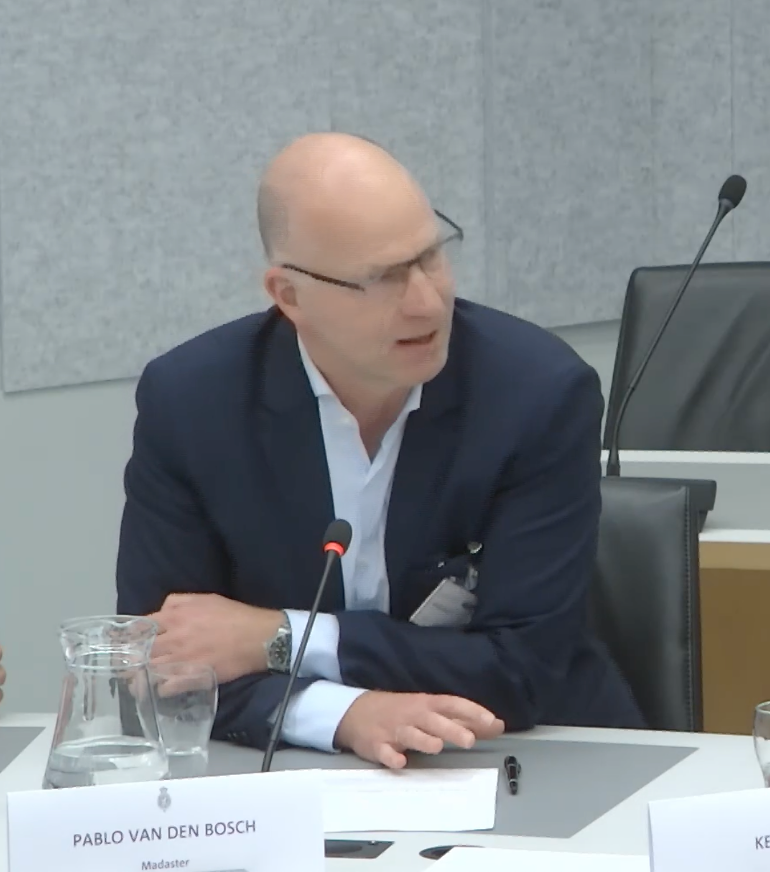EPEA AND MADASTER IMPLEMENT MATERIAL PASSPORTS FOR THE BUILT ENVIRONMENT IN TAIWAN
27 March 2020 — Last year, the Amsterdam Metropolitan Area and the Amsterdam Economic Board organised a competition to look for the best idea for an open, honest and reliable data market. Madaster and Cirkelstad indicated their intention to set up an environment register to accelerate the transition towards a circular economy. Dexes aims at facilitating the sharing of data by public, private and public-private organisations by removing technical and legal barriers. Together, they won the competition and, with an investment prize of 750,000 euros, they will be able to realise their grand ambitions.
COMPETITION
In April 2019, the municipality of Amsterdam held a competition to stimulate and apply an open market for data exchange. Organisations in the field of digital technology who would want to use their knowledge — possibly together with partners — for a smart, green and healthy region, were invited to participate. The competition’s prize consisted of 750,000 euros to ensure that the best ideas could be realised.
ENVIRONMENT REGISTER
Madaster aims to become the registration database for the built environment, similar to how a land registry registers land parcellation and ownership. Together with Cirkelstad, a cooperative that links organisations and municipalities with circular ambitions in construction, Madaster believes that all buildings in the Netherlands should be provided with a material passport through which value can be assigned to the building materials they contain.
‘Madaster facilitates the transition towards a circular economy, using technology and data. However, our database also enables us to create an environment register. For example, we can also provide information about the materials that become available from buildings that are being renovated or demolished, so that material supply and demand can be brought together. Such information also provides information about, for example, the safety and accessibility of a building, which in turn may be relevant to the fire brigade and government. We like other parties to be able to use the data responsibly, based on TADA principles.’ Pablo van den Bosch, Board Member Madaster Foundation
LARGE AMOUNT OF VALUABLE DATA
The Madaster concept, therefore, is a specific application of what Dexes aims to achieve. As an expert in the field of data technology, Dexes facilitates data sharing by public, private and public-private organisations by removing technical and legal barriers.
‘There are large amounts of valuable data, but there are still too many technical and legal barriers for those data to be shared in a way that is smart. Dexes intends to change that. On our platform, you will soon be able to specify under which conditions you would like to share certain data and with whom. In that way, data deals are struck. Not facilitating this service would mean that we would be missing out on enormous economic and social value. Together with Madaster, we want to show that this can work.’ – Hayo Schreijer, founder and Director of Dexes
ABOUT DEXES
Dexes was founded by three companies: Textinfo, Coherenza and Argu. Textinfo specialises in searching through unstructured data and has been working with Coherenza for a long time. Together, they are responsible for, among other things, the national data portal of the Dutch Government (data.overheid.nl). Start-up Argu specialises in linked-data technology.



